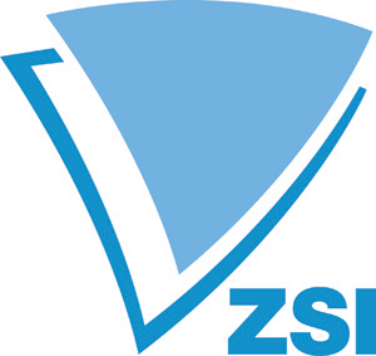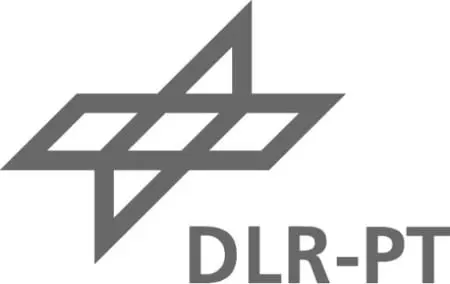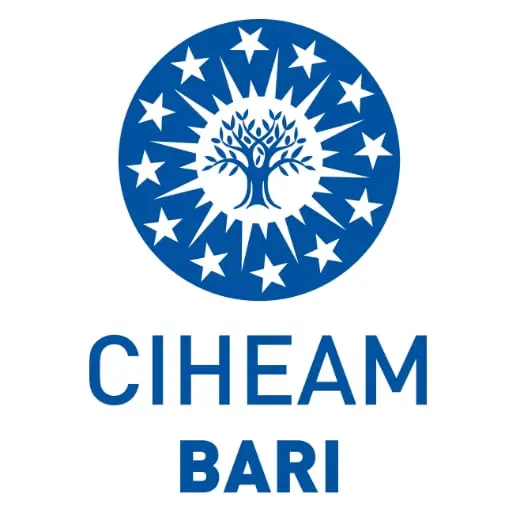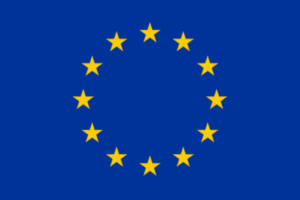About MSCAdvocacy
MSCAdvocacy: a new project to foster international cooperation in MSCA
How can Marie Skłodowska-Curie Actions (MSCA), the EU flagship programme for researchers’ mobility and training, be aligned with research and innovation activities of other nations and regions in order to achieve their full potential?
In June 2022, the European Commission (EC) has launched a new project named ‘MSCAdvocacy’ that offers a range of services to policy makers, research institutions, individual researchers, innovators and multipliers to help facilitate international collaboration within Marie Skłodowska-Curie Actions under Horizon Europe. MSCAdvocacy’s services focus on 20 international partner countries and six regions.
The project supports the ’Global Approach to Research and Innovation’ which reconfirms Europe’s commitment to a level of global openness that is needed to drive excellence, pool resources to achieve scientific progress and develop vibrant innovation ecosystems.
What has MSCAdvocacy on offer?
Providing policy support
An important aspect of fostering international cooperation is the alignment of policy frameworks between partner countries and regions. Hence, MSCAdvocacy offers support to policy makers in
- assessing cooperation trends, opportunities and challenges to support the design of consistent formal cooperation mechanisms that enable efficient international collaborations.
- actively accompanying the policy dialogue process by providing individual and country-specific support to ensure that the respective partners optimally benefit from MSCA
- leveraging the broad international networks of the project, bringing together the right partners and stakeholders
In addition, MSCAdvocacy will provide policy briefs for the European Commission’s Directorate-General for Education, Youth, Sport and Culture (DG EAC), e.g. presenting recommendations for alignment measures from EU side.
A digital hub bundling cooperation opportunities
Moreover, MSCAdvocacy will strategically promote cooperation opportunities to bring together international researchers, academic and non-academic institutions and innovators. It will work closely together with local stakeholders and multipliers, e.g. National Contact Points (NCP), National Erasmus+ and Euraxess Offices, to
- raise international awareness of funding opportunities under MSCA
- develop MSCA promotion plans for each target country and region
- host promotional MSCA events (on-demand)
Building synergies with other EU initiatives
Another important objective of MSCAdvocacy is to create synergies between MSCA and other relevant EU initiatives, such as the Enterprise Europe Network, or funds, particularly Erasmus+.
Why MSCAdvocacy? Advantages for countries, organisations and researchers involved
Developing talents, advancing research
For partner countries and regions, the alignment promises to strengthen existing international cooperation with academic or non-academic organisations through greater efficiency due to similar policy frameworks.
Organisations benefit from the internationalisation and the capacity of their researchers to conduct research abroad, as this will likely increase their global reputation. Efficient cross-border collaboration will give their researchers access to new tools, research facilities or equipment, and improve the capacity to bid for other research funds.
For researchers, efficient MSCA mechanisms offer better access to the newest research facilities and infrastructures, both in Europe and third countries, with a positive impact on research knowledge, professional skills and competences, as well as access to data samples for field research, that are not available in their home countries.
The people behind MSCAdvocacy
The offers are provided by a consortium of five partners specialised in strategic policy support, promoting research, education and innovation and bringing together key stakeholders and partners on European and international level.
MSCAdvocacy is coordinated by DLR Project Management Agency (DLR Projektträger), Scientific Management lies within the responsibility of the Centre for Regional and International STI Studies and Support (CeRISS). Further members of the consortium are the Sociedade Portuguesa de Inovação (SPI)¸ the International Center for Advanced Mediterranean Agronomic Studies (CIHEAM) and the Center for Social Innovation (ZSI).





